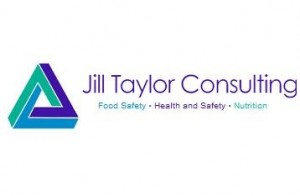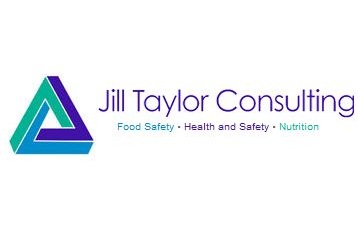None of us, no matter how stressful family relationships can be, want to be responsible for making our families ill at any time of year, but least of all over the festive season. Follow these few tried and tested steps, as advised by the Food Standards Agency, to make sure your food stays safe over Christmas. (By Jill Taylor)
 |
| [relatedPosts title=”Related Posts”] |
|
|
The Bird
There are several guiding factors to choosing the size of turkey and type of product you buy, for example: how may people are you feeding, how much meat do you want to be left over, oven size can play a part, as can the price you can afford to pay. There are different products available too, you can opt for a prepared turkey crown, a whole fresh turkey, pre-stuffed turkey or a frozen turkey, all are great for the right situation.
Once you have made your decision and bought, or reserved, your particular choice make sure you store it safely before cooking. Most retailers will provide storage instructions, “Use by” dates will be on the packaging of wrapped products. If there are no instructions and it is a fresh, or defrosted raw turkey, then it should be stored, covered, in the fridge and cooked within 2 days.
The big chill!
Frozen turkeys must be defrosted thoroughly before cooking, any remaining frozen bits mean it won’t cook evenly and harmful bacteria might survive the cooking process.
Work out the thawing time early – some large birds can take a couple of days to thaw fully, refer to packaging for further guidance.
Please thaw out in a fridge, if at all possible – I know it takes longer but it is the safest way – if it really isn’t possible then a cold or cool room is the next best thing. In a fridge allow about 10 hours per kg. in a cool room allow about 4 hours per kg.
Remove any giblets or other inside bits as early as possible as this will speed up the thawing process and ALWAYS WASH YOUR HANDS THOROUGHLY AFTER HANDLING THE RAW TURKEY.
Place the turkey in a large dish to catch any liquid that comes out as the turkey thaws, and cover, to ensure the raw poultry cannot come into contact with anything else in the fridge and risk cross-contamination, especially of anything that will be eaten raw.
Regularly pour away any liquid from the container to reduce the risk of it spilling in the fridge or splashing onto other foods.
DON’T wash your turkey – it’s not necessary and washing under a running tap can cause splashes of water containing bacteria to spread over work surfaces, sinks, cloths etc which can cause a risk of cross-contamination. Any bacteria that might be present will be killed during the cooking process & would not be removed by water anyway!
Bird brain!
Think ahead – a bit of forward planning will ensure your bird stays safe. Work out your cooking time in advance – a large turkey can take several hours to cook through, so make sure you get the bird in the oven early enough. Eating undercooked turkey, or other poultry, brings a high risk of food poisoning!
You can cook your turkey thoroughly in advance & keep it until you are ready to reheat and eat it – if you do this the cooked turkey needs to be stored in the fridge for up to 2 days, or freeze it for longer time periods.
If you are storing in the fridge ensure it is cooled thoroughly, covered and put in the fridge within 1-2 hours of cooking. The bird can be carved into smaller portions to help it cool more quickly if necessary. If freezing, the meat can be kept for several months, if wrapped thoroughly, although the quality may deteriorate after time.
When reheating make sure, for frozen meat, that it is thawed thoroughly in the fridge, and then heated until steaming hot, right through.
Only re-heat the meat once and discard any that is unused.
Part 2 to follow with details on safe cooking and using leftovers – watch this space!!
About Jill Taylor
Jill runs her own training and advisory consultancy and offers guidance and advice on which food safety practices and procedures are appropriate for your business and how to implement the relevant management systems. J T Consulting also specialise in the provision of training leading to examination and qualification in all relevant Food Safety Awards and HACCP, at all levels and for all sectors of the food industry. Support for clients training and certification is also offered in the related areas of Health & Safety, Risk Assessment and Healthier Foods and Special Diets.





